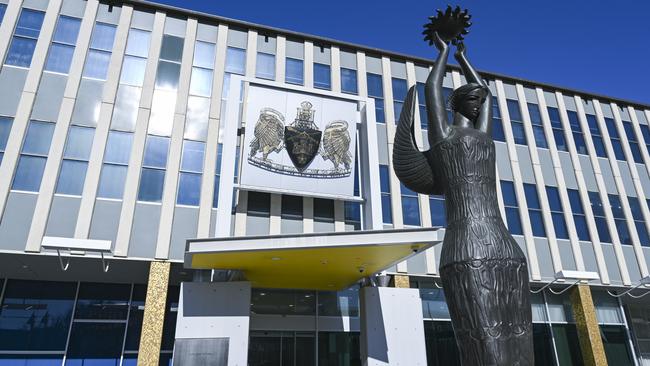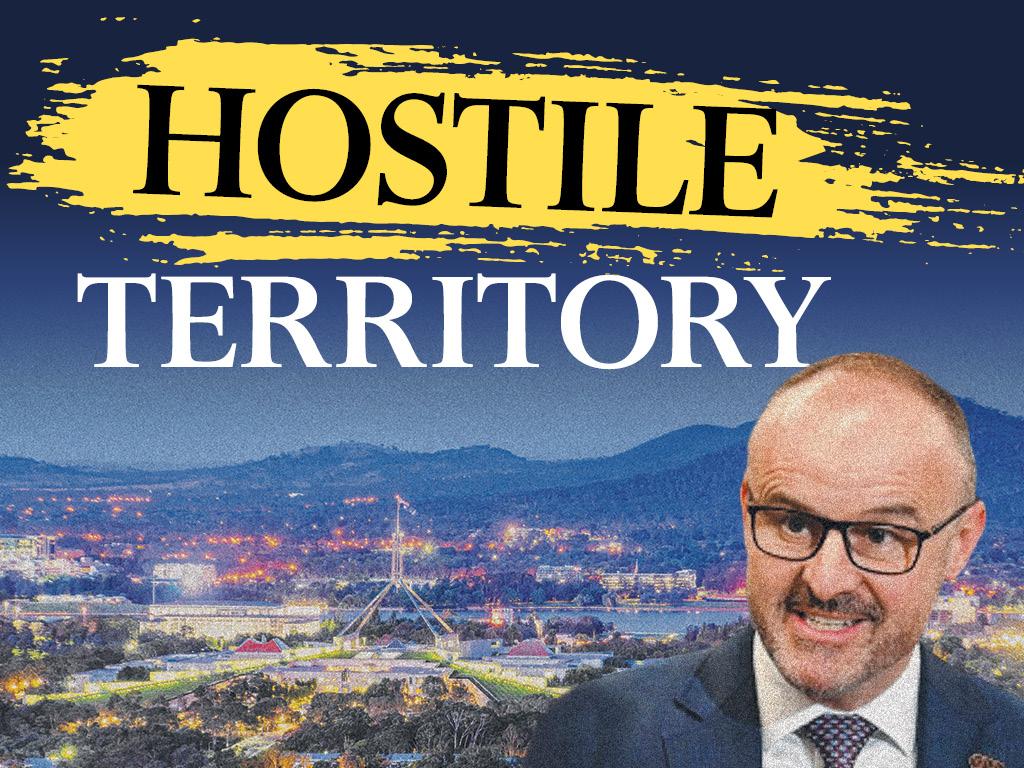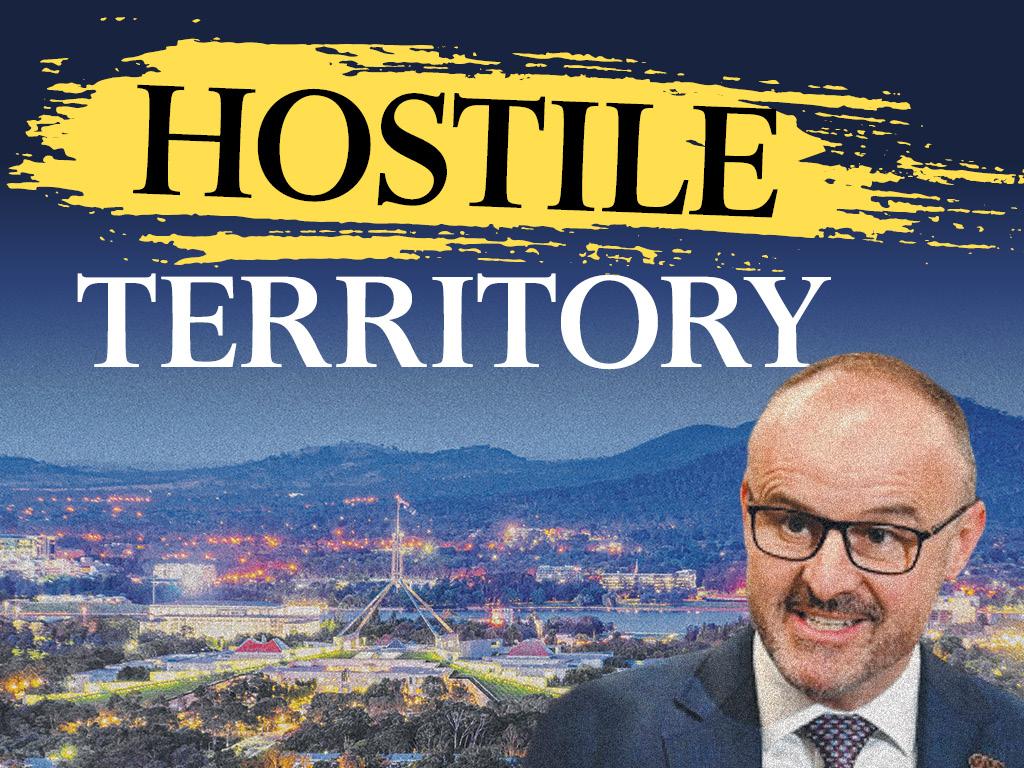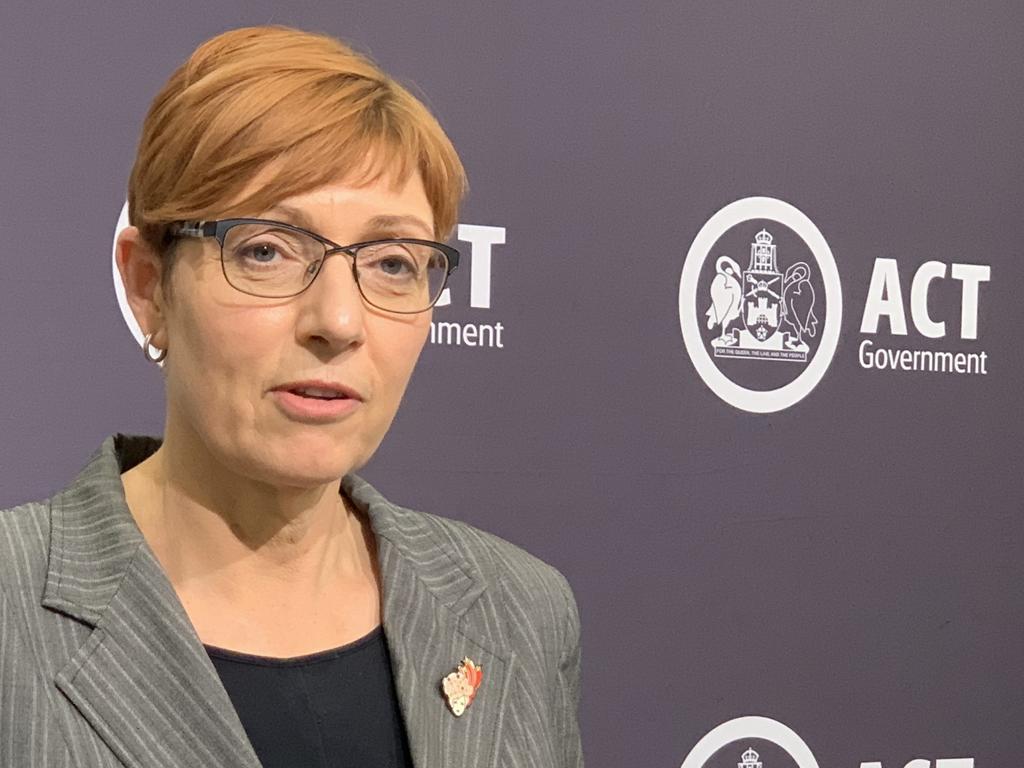
A small territory of elites that has voted for Labor/Greens governments for more than two decades, the ACT is distinguished by its wealth, highly educated population and large public sector workforce. Famously dubbed a “bubble” by former prime minister Scott Morrison, the demographic story of the ACT bears out the criticism – it is not representative of the Australian population.
And this is reflected in the way it votes. In the ACT, Labor has won six consecutive elections and governed in partnership with the Greens since 2012, the parties signing a power-sharing agreement aimed at the delivery of “the most progressive and reformist administration in Australia”.
In 2013, four years before same-sex marriage was legalised, the ACT tried to pass its own legislation, which was swiftly overturned by the High Court and, on October 14, the nation’s capital overwhelmingly endorsed a constitutionally enshrined voice to parliament, the only jurisdiction to do so. The question is what the next phase of the experiment is.
Can the ACT political model be successfully implemented in other jurisdictions and adapted to the federal level, or is it a product of the unique social fabric of the capital, with only limited appeal?
For the progressives, the Labor/Greens partnership has been a success and should be emulated elsewhere – including at the federal level. But this is rejected out of hand by most ALP strategists, who view Labor as locked in a political struggle with the minor party given it now holds four lower house seats and threatens to win more from the government.
For the conservatives, the success of the Labor/Greens government is an aberration that could not happen anywhere else and is facilitated by the territory’s Hare-Clark electoral system and the leanings of a wealthy, university-educated public sector workforce.
There are also questions about whether the experiment can endure much longer in Canberra itself, which has seen net debt rise from $312m in 2013-14 to a forecast $10bn by 2026-27, the fastest growth in per capita taxation for the best part of a decade and growing concerns for service delivery.
Health is shaping as a key battleground ahead of next October’s election, with the ACT recording the longest wait times at emergency departments and the government beset by claims it is underfunding public hospitals – accusations it rejects.
Key ACT government decisions are also drawing increasing criticism from players at federal level, including the takeover of the Catholic-run Calvary Hospital and drug decriminalisation policy.
The risk for the ACT is it begins to fall into progressive decline and loses its way. Privately, some Liberals argue this may be the only way the party can win office again and suggest Canberra would either need to fall into genuine economic crisis or for Labor to become engulfed in a scandal.
With the ACT having the highest median household weekly income of $2373 – compared to a national median of $1746 – the government would be insulated to some extent from a cost-of-living crunch. But those on the lowest incomes would feel it most.








Canberra has become Australia’s progressive experiment.